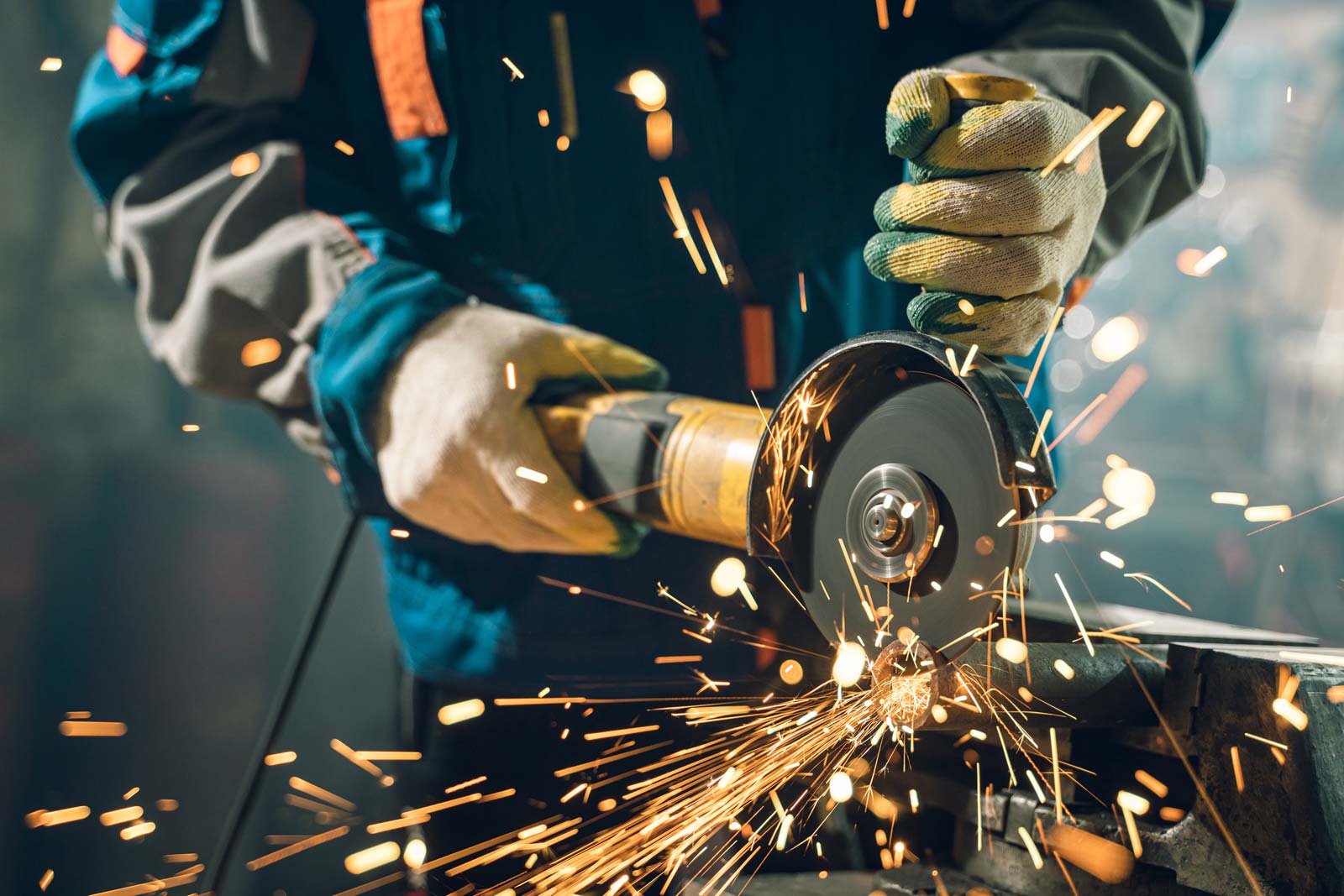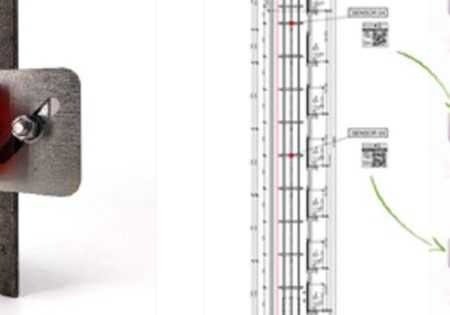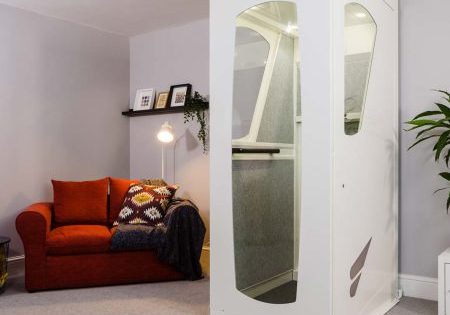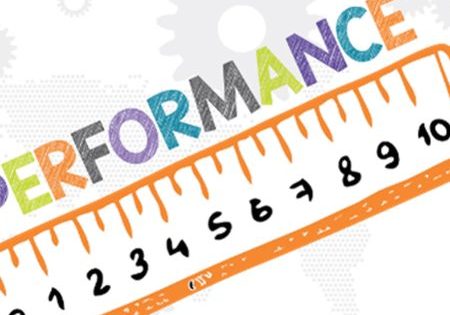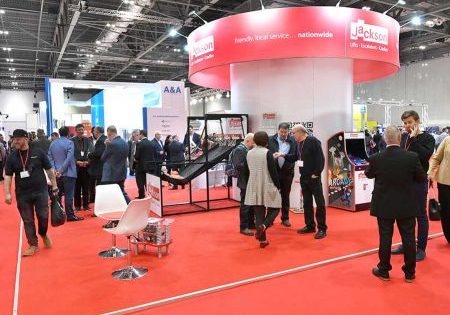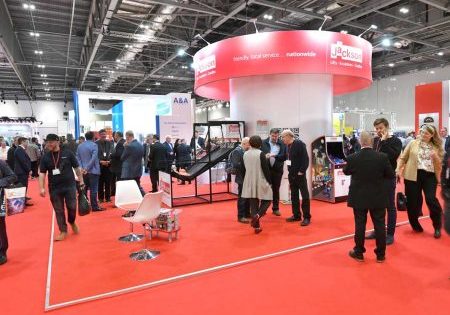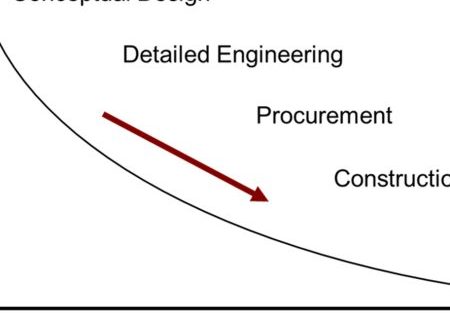A conversation with the founder of Elevating Safety Solutions
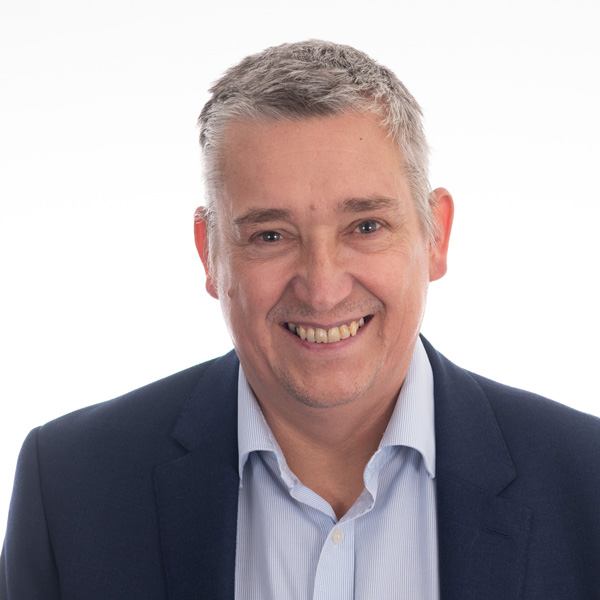
With more than 35 years in the lift industry, Stewart Proctor launched Elevating Safety Solutions (ESS) in 2008 after a near-fatal incident working as a fitter on a construction site. With a career focused on safety, the company now offers Toolbox Talks in an easily accessible format as a means of getting more safety information in front of those who need it most. As this issue focuses on Safety, your author (LF) was able to talk with Proctor (SP) about his background, his company, safety in the lift industry and more.
LF: Tell me about your background in the lift industry.
SP: I have been in the lift industry for all my working life, gaining skills across a number of roles with different companies. My journey began straight from school at the age of 16, when on the advice of my uncle (who was in the lift industry), I approached LiftCran for a job as an apprentice, which luckily got me through the door.
I then worked for a number of independent lift companies, learning new skills and trades and working on tools as a fitter, tester and commissioning engineer. Following this, I worked at KONE as a project manager and worked my way up to London regional manager. I was there for eight years before moving on to consultancy work with Lerch Bates where I learnt the role of principal designer before moving to Focus FM as a consultant. It was there where I completed a degree in health and safety specific to the lift industry. I then got to a point in my career where I wanted to set up my own consultancy business, so in 2008 I launched ESS.
LF: Tell me about how ESS came to be. How did it get started and how has it grown over the years, and which geographical areas do you serve?
SP: I noticed there was a lack of competency in the industry when it came to health, safety and training. There was also more need for the industry to be compliant with ISO standards. Because of this and the skillset I had, I felt that I could give the industry what it needed. I established ESS to provide lift and escalator compliance solutions, support and training. The compliance side of the business is run across the U.K., and our online training is accessible worldwide.
Safety impacts all stakeholders, from fitters to those maintaining lifts to those who use them, so it is extremely important that safety be at the forefront of those working within the industry.
The company is run by me, along with an administrator and a guard dog (You never know when you might need one!). Over the years, we have grown organically via word of mouth, recommendations and client requests to the point where I am always busy — whether that is carrying out internal audits for companies, writing up risk and method statements or working with bodies to get lifts signed off on legally. We’ve also started growing our marketing with the launch of a new website to offer accessible online training, as well as gaining a presence on social media. You can find us on LinkedIn.
LF: Why create a company focused on safety? Why is this important to you and to the industry as a whole?
SP: As well as what I saw in the industry and the lack of competency, the focus on safety stems back to an incident that happened which really made me think about health and safety. It was while I was working on a construction site as a fitter: A scaffold clip was kicked down a lift shaft, which nearly hit me. Had it hit me, it could have been fatal. This triggered my mindset about how I could influence the industry and offer something that would really help reduce incidents like the one I experienced. Safety impacts all stakeholders, from fitters to those maintaining lifts to those who use them, so it is extremely important that safety be at the forefront of those working within the industry. I hope that what we offer at ESS can influence change in some way to make the industry safer.
LF: What services/products does your company offer? And tell me about the expertise behind providing these services.
SP: On one side of the business, we offer a number of consultancy services, such as helping lift companies obtain and maintain their ISO, health and safety and compliance requirements. This also includes internal audits, accident investigations, as well as health and safety plans. On the other side of the business is training, in particular Toolbox Talks, which we offer on our website. They provide easy access to industry-specific training that can help refresh knowledge and reinforce the latest health and safety measures.
My expertise includes being a Chartered Member of the Institute of Occupational Safety and Health (IOSH). I’ve also completed courses on auditing and compliance management, a degree in occupational health and safety specific to the lift industry and, most recently, a master’s degree in lift engineering. I never stop learning. All of this academia combined with a long career in the industry means I have the knowledge and experience to be able to deliver the services we offer at ESS.
LF: How have you seen the industry evolve in general and in terms of safety expectations/requirements over the years?
SP: As well as seeing the first machine-room-less elevator launch in existing buildings, expectations on health and safety have grown massively along with increased emphasis on it. Main contractors and lift companies now need to provide compliance documentation. This has also had a knock-on effect on the need for more training solutions. The requirements to work safely and not take shortcuts are gaining more importance overall, which is positive to see.
LF: What is the biggest challenge facing the company? And/or what is the biggest challenge you see facing the lift industry?
SP: The biggest challenge has to be instigating change in the industry as the industry (like most) doesn’t like change. While it is easy to do what you’ve been doing for a long time, changing the way you work is difficult, so we have the constant battle of really trying to change the mindset of the industry. While we are seeing improvements, this change needs to be proactive when it comes to health and safety and not reactive to it, which is a big issue. The industry needs more competent staff who put health and safety first to ensure risks are minimised.
LF: What is your favourite part about the lift industry?
SP: It has to be the diverse range of people you get to meet and listening to their interpretations of standards and working practices.
The requirements to work safely and not take shortcuts are gaining more importance overall, which is positive to see.
LF: Talk to me about the decision to create these Toolbox Talks. Who benefits the most and what can those people expect to get from them? How do you plan to expand/grow this in the future?
SP: The Toolbox Talks we offer are based on demand for industry-specific topics tailored to lift engineers, but also anyone in the lift industry. If we are asked for a Toolbox Talk topic from a client, then we will launch one. They are in a format that is easy to access via a desktop or mobile device, and they are quick to do (typically in under 15 min). The talks provide a frontline way of reminding staff of the importance of health and safety topics specific to what they do. If they complete the training successfully, then a certificate is automatically issued to provide evidence of the training.
While participating in Toolbox Talks is not a legal requirement, it is widely expected that staff take regular Toolbox Talks to refresh their knowledge and keep up-to-date with changes in regulations. So taking ESS Toolbox Talks makes a significant contribution to accident prevention, which is, ultimately, the goal: to stop accidents and create a safer working environment.
We are continually working on developing our programme of Toolbox Talks based on client demand to expand our offering of topics.
LF: Anything else recently launched or coming out?
SP: We are looking at launching training videos in the near future that will be accessible via the ESS website.
LF: What does the future hold for ESS and what does success look like?
SP: Growth in all areas of the business will be a focus, including the release of new products and services. Our greatest success, though, is whether we can bring the number of injuries and accidents down in the U.K. — this would be a huge accomplishment.
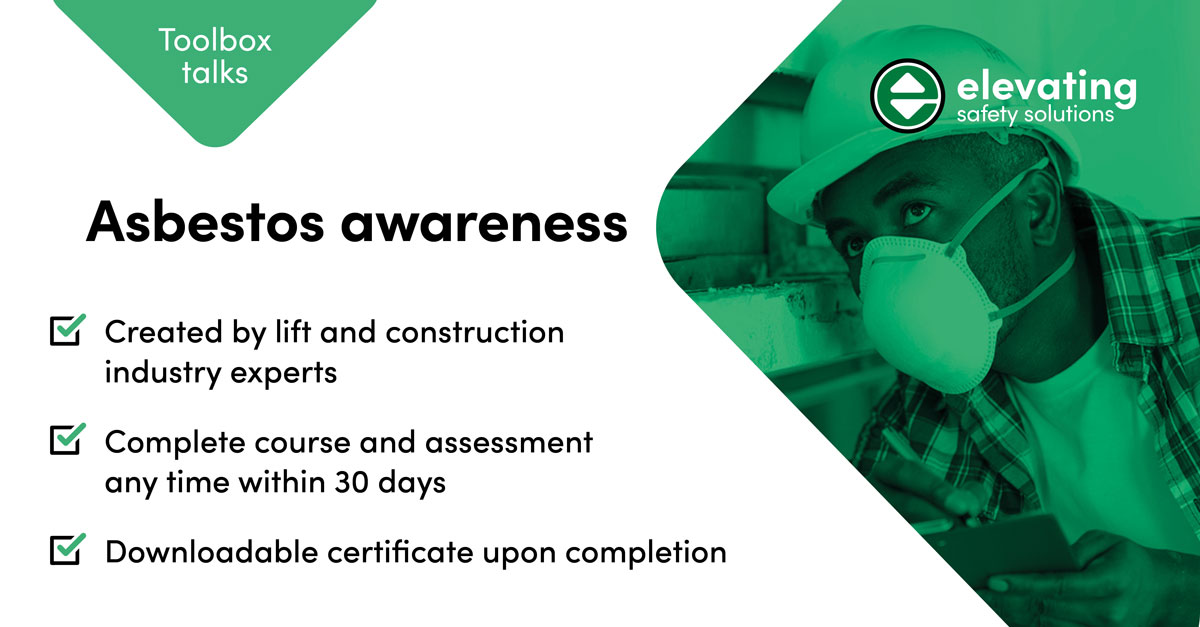
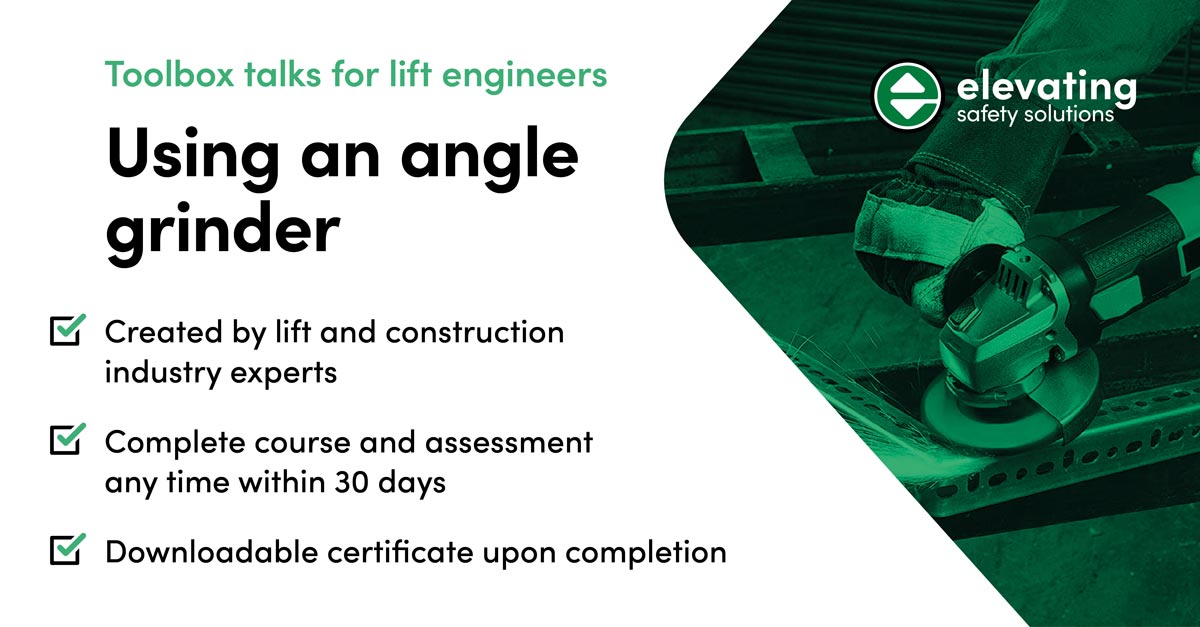
Get more of Elevator World. Sign up for our free e-newsletter.
